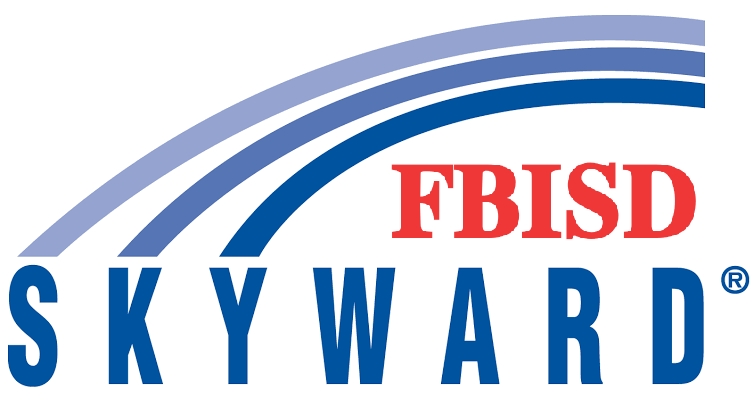Are you tired of struggling to keep your small business afloat? Are you looking for proven strategies that can help take your business to the next level? Look no further! In this blog post, we will share with you 10 tried and tested strategies for small business success. Whether you’re just starting out or have been in business for years, these tips will help ensure that your business thrives and grows in today’s competitive market. So buckle up and get ready to take notes – here are our top 10 tips for small business success!
Defining Small Business Success
There are a number of factors that contribute to small business success. However, there are a few key elements that are essential for any successful small business. Firstly, it is important to have a clear and achievable business goal. Without a goal, it can be difficult to measure success and track progress. Secondly, effective marketing is crucial for raising awareness of your business and attracting customers. A well-designed marketing strategy will target the right audience and deliver the right message to generate interest and drive sales. Good financial management is essential to ensure your business remains profitable. This includes creating a budget, tracking expenses, and monitoring cash flow. By following these simple strategies, you can set your small business up for success.
Identifying and Setting Goals
The first step to small business success is identifying and setting clear goals. What do you want to achieve? When do you want to achieve it? How will you know if you’ve succeeded? Answering these questions is essential for plotting out a successful path forward.
Once you have a good handle on your goals, the next step is creating a plan of action. This will involve taking a closer look at your resources, both in terms of finances and personnel, and figuring out what needs to be done in order to reach your goals. This can seem daunting, but breaking it down into smaller steps will make it much more manageable.
Last but not least, don’t forget to measure your progress along the way. This will help you determine what’s working and what isn’t, so that you can course-correct as needed. By regularly assessing your situation and making adjustments as needed, you’ll increase your chances of achieving lasting success.
Analyzing Your Market
The first step to small business success is understanding your target market. You need to know who your ideal customer is, what they need or want, and where they can be found.
To get started, you can use market research tools like surveys, interviews, and demographic data to learn more about your target market. Once you have a good understanding of your market, you can start creating marketing campaigns and strategies that are tailored to them.
Some things to keep in mind when analyzing your market:
– Who is your ideal customer?
– What do they need or want?
– Where can they be found?
– What are their buying habits?
– What motivates them to make a purchase?
Creating a Comprehensive Business Plan
It’s no secret that having a comprehensive business plan is one of the most important keys to small business success. But what exactly should your business plan include? Here are some essential elements to help you get started:
1. Executive Summary – This is a brief overview of your company, its products or services, and its goals and objectives.
2. Company Description – This section provides more detailed information about your company, including its history, structure, and capabilities.
3. Products and Services – This is where you’ll describe your company’s offerings in detail. Be sure to include information on your target market and how your products or services meet their needs.
4. Marketing Plan – Your marketing plan should outline your strategies for reaching your target market and achieving your sales goals. Include information on your advertising, public relations, and online marketing efforts.
5. Financial Plan – This section will detail your company’s financial projections, including income statements, balance sheets, and cash flow statements. Don’t forget to include information on any financing you’ll need to get started or grow your business.
Utilizing Technology to Streamline Processes
In today’s business world, technology is critical for streamlining processes and improving efficiency. There are a number of different ways that small businesses can utilize technology to their advantage.
One way to use technology to streamline processes is to invest in software that automates tasks. There are a variety of different types of software available that can automate everything from accounting to customer relationship management. By investing in automation software, small businesses can free up time and resources that can be better spent on other tasks.
Another way to use technology to improve efficiency is to take advantage of cloud-based solutions. Cloud-based services can provide small businesses with a scalable and cost-effective way to store data and run applications. Additionally, many cloud-based services offer features such as collaboration tools and real-time analytics that can help small businesses work more effectively.


